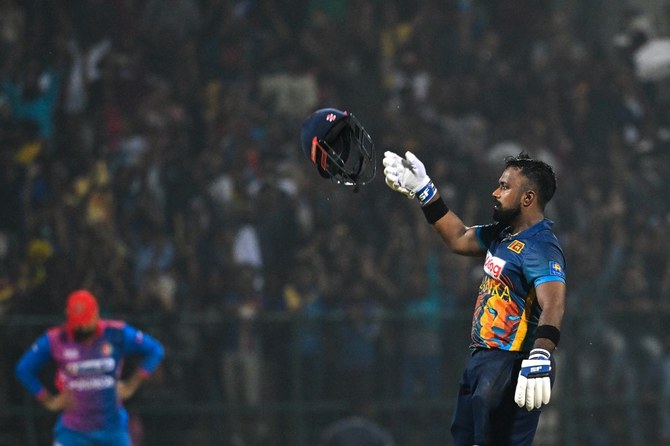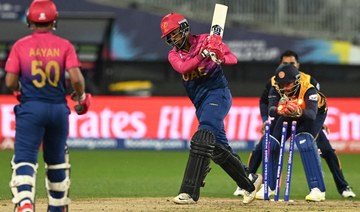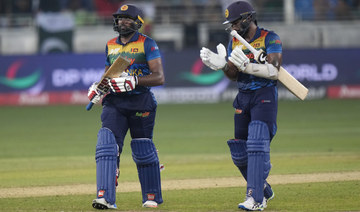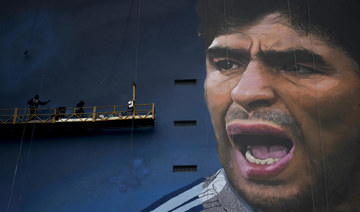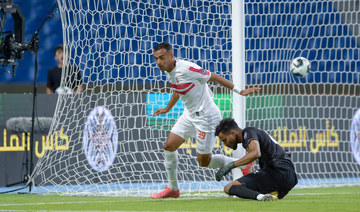The separation of cricket from politics has always been a fanciful notion. This is despite the British imperial attempt in the late 19th and early 20th centuries to consider the sport as being above politics.
Under British imperialist noses, the Australian, South African and West Indian cricket teams, which played against England during those years, reinforced nationalist sentiments. Hence, cricket played a key role in the movements which led to the creation of those independent nation states. It is difficult to argue that cricket and politics were not already intertwined.
In his 2008 “Spirit of Cricket” lecture in 2008, South Africa’s Archbishop Desmond Tutu said that “politics impinges on sport as much as on any other aspect of life.” Cricket’s historic core values of fair play and respect for others have provided a universal framework within which the game has been played. Tutu acknowledged that the sporting boycott of apartheid South Africa, sparked by cricket, “played a crucial part in our liberation.”
Those core values, however, are constantly under strain. The ill-feeling generated by the “bodyline” series between Australia and England in 1932-33 still resonates. It adversely affected relations between the two governments and was a clear example of a collision between cricket and politics. Since that time, cricket has been continually exposed to political interference and machination. This is clearly evident in relations between India and Pakistan but, sadly, it has become an ever-present feature in their smaller, near neighbor, Sri Lanka.
In 1996, the Sri Lanka men’s cricket team won the ODI World Cup for the first time, beating Australia in Lahore. A decade of high achievement followed. The team was runners-up in both the 2007 and 2011 ODI World Cups, runners-up in the T20 World Cups of 2009 and 2012, before beating India in the 2014 final in Bangladesh. Since then, success has been hard to come by. Hopes of a brighter future were glimpsed in an unexpected triumph in the Asia Cup in September 2022. The tournament had been scheduled to be hosted in Sri Lanka but, because of the economic and political crisis in the country, was transferred to the UAE.
Sri Lanka’s cricketing stock has been plagued by controversy and crisis for many years. In 2012, the captain of the 1996 World Cup winning side, Arjuna Ranatunga, said that political interference was “ruining cricket” in the country, which “lacked a long-term vision for the sport.” He criticized the building of two new stadiums, which had led to debts of almost $70 million, instead of facilities to develop young cricketers, especially those from outside of Colombo.
Another member of the 1996 team and a former captain, Hashan Tillakaratne, claimed in 2011 that match fixing had been present in Sri Lankan Cricket (SLC) for well over a decade. Tillakaratne said that he was prepared to provide information to the International Cricket Council (ICC). Not only was his claim rejected by Sri Lanka’s sports minister, but he also received death threats. The minister had been in the post for only several months following the removal of his predecessor, who had made allegations against administrators at SLC. At the time, the ICC’s only comment was that it was a matter for its Anti-Corruption Unit.
Fast forward a decade and SLC has made an official complaint to the ICC over increasing political interference in its administration. The Sports Ministry has responded by demanding that SLC provide details. In a further twist, an opposition MP made a claim in Parliament that the two-match Test series between Sri Lanka and Pakistan was fixed. In the first Test, Pakistan was set a target of 342 to win, which they did for the fall of six wickets. Sri Lanka won the second Test. In response, SLC asked the ICC’s Anti-Corruption Unit to undertake an independent investigation, which is now underway.
Parliamentary interest in cricket increased following SLC’s decision to switch the Asia Cup to the UAE. Rumors abound of alleged deals by local officials to facilitate this, thereby depriving income-generating opportunities for the country at a time of economic crisis. None other than Arjuna Ranatunga, as chair of the advisory National Sports Council, supports the allegations. Relations between him and SLC are strained since his failed bid to enter cricket administration.
The ICC requires its member associations to be independent of national governments, yet, at the same time, accepts that domestic laws must be respected. SLC is accused by the Sports Ministry of failing to bring the matter to its notice before complaining to the ICC, an action which violates MP’s rights to speak about matters of public interest under the protection of Parliamentary privilege. The opposition MP has not complained to the Special Police Investigation Unit set up to probe sports-related corruption. Hence, it is not authorized to investigate.
It is evident that politics, politicians, cricket and some former cricketers are not separate in Sri Lanka. It is the only country which requires its sporting associations to have their teams signed off by the sports minister before leaving the country for international events. Between 2005 and January 2012, elections to SLC had been suspended because of infighting. During this time, the sport was led by an interim committee appointed by the country’s president, of all people. In 2015, a former player and captain, who had become an MP, was appointed as chair of the selection committee, an act that fit badly with the ICC’s wish for cricket administration to be divorced from political ties.
Throughout all of this, cricket remains a pan-Sri Lankan unifying force. Even when food and fuel shortages caused civil unrest in mid-2022, cricket continued and spectators attended matches against Australia, Bangladesh and Pakistan. On July 9, the second day of the second Test against Australia, thousands of people gathered on the walls of the fort that overlooks the ground at Galle. They protested against their government and agitated for its removal. The Sri Lankan team responded with an impressive victory. Cricket provided another example of its power to promote political expression.



